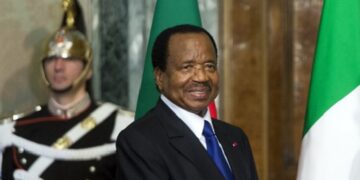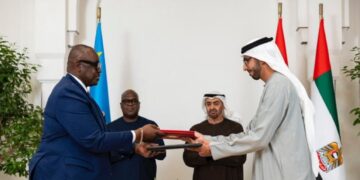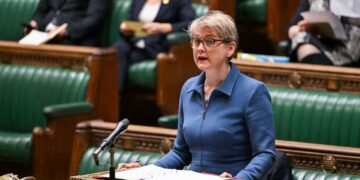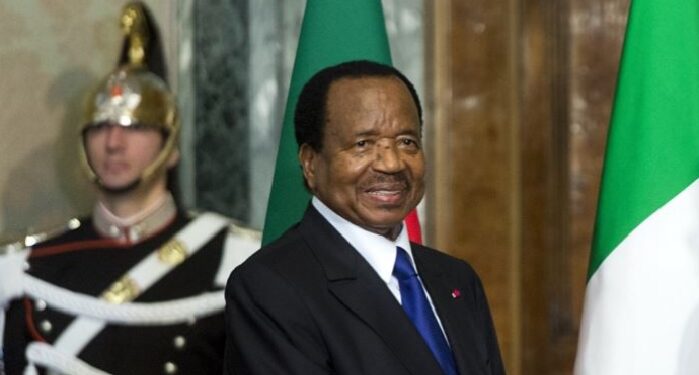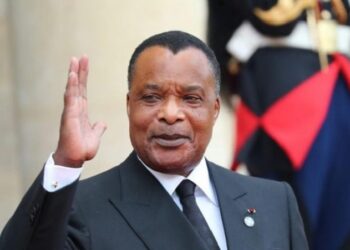By Emmanuel Nduka Obisue
Cameroon’s longtime leader, Paul Biya, was sworn in on Thursday for another seven-year term, extending his more than four-decade rule after a disputed election that opposition groups have denounced as a “constitutional coup”.
Speaking before Parliament in the capital, Yaounde, Biya, the world’s oldest sitting president at 92, pledged to remain faithful to the confidence of the Cameroonian people and to work for a “united, stable and prosperous” nation.
The inauguration took place amid tight security in a heavily militarized and partially deserted capital. Biya, Africa’s second-longest-serving head of state, took the oath of office as many citizens expressed deep skepticism about the prospects of change under his leadership.
Citizens Lament
“I’m tired of Biya’s rule and I no longer care whatever he does,” said Priscilla Ayimboh, a 40-year-old seamstress in Yaounde. “It’s a pity. I wonder what will become of Cameroon in the next seven years, there are no roads, water, or jobs”.
Njewa Betrand Mbohchukeh, a 30-year-old teacher, added: “In the next seven years, life in Cameroon may improve if there is a positive change in government policy, or completely worsen if the regime maintains inertia toward the masses”.
Political analyst Munjah Vitalis Fagha, a senior lecturer at the University of Buea, described the ceremony as taking place “in a tense yet controlled political atmosphere, marked by deep divisions between the ruling elite and a growingly disillusioned populace”.
“The ceremony occurs amid calls for political renewal, ongoing security challenges in the Anglophone regions, and widespread concerns over governance and succession,” he told the Associated Press.
Protests Persist
Cameroon’s top court declared Biya the winner of the October 12 election with 53.66% of the vote, ahead of his former ally-turned-challenger Issa Tchiroma Bakary, who garnered 35.19%. The announcement was followed by protests in several cities and a three-day lockdown after Tchiroma alleged vote rigging and declared himself the rightful winner.
Authorities said at least five people were killed during the unrest, though opposition and civil society groups say the death toll was higher.
Tchiroma rejected the official results, writing on Wednesday night: “The will of the Cameroonian people was trampled that day, our sovereignty stolen in broad daylight. This is not democracy — it is electoral theft, a constitutional coup as blatant as it is shameful”.
Biya first came to power in 1982 after the resignation of Cameroon’s founding president. A 2008 constitutional amendment scrapped term limits, enabling his continued rule. His health has long been the subject of speculation, as he reportedly spends extended periods in Europe while close aides and family members manage state affairs.
With over 70% of Cameroon’s nearly 30 million people under the age of 35, most citizens have known no other leader. If Biya completes this new term, he will be nearly 100 years old by the time he leaves office.
Despite his long tenure, Cameroon remains burdened by armed insurgencies in the north and west, a struggling economy, and widespread youth unemployment, leaving many Cameroonians questioning what the next seven years will bring.
